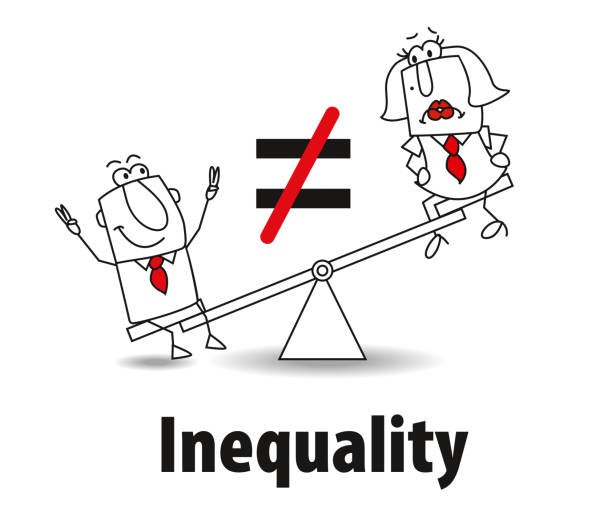10 Reasons How Femaleness May Negatively Impact Opportunities for Women in Some Careers: Despite the progress made in the fight for gender equality, women continue to face numerous barriers in the workplace. From pay gaps to discriminatory policies, women still struggle to achieve equal opportunities and success in many industries. One significant barrier is the impact of femaleness on career opportunities.
10 Reasons on How Femaleness May Negatively Impact Opportunities For Women In Some Careers
Below we discuss 10 reasons on how femaleness may negatively impact opportunities for women in some careers and discuss ways to overcome these barriers:
- Gender Bias: Gender bias is a significant obstacle to women’s success in the workplace. Stereotypes about women’s abilities and roles in society often lead to discriminatory attitudes and practices that limit women’s opportunities.
- Unequal Pay: Women continue to earn less than men in many industries. This wage gap is often due to systemic discrimination and bias that results in lower pay for women, even when they are performing the same jobs as men.
- Glass Ceiling: The glass ceiling is an invisible barrier that prevents women from advancing to senior positions in their careers. This barrier is often due to a lack of female representation in leadership positions, making it difficult for women to find mentors and sponsors to support their advancement.
- Lack of Flexibility: Many workplaces do not offer the flexibility needed to accommodate the responsibilities of working women, such as caring for children or elderly relatives. The lack of flexibility can limit opportunities for women to pursue their careers fully.
- Gendered Job Roles: Many jobs are gendered, with certain roles and industries considered more suitable for men than women. This can limit women’s opportunities to pursue careers in traditionally male-dominated industries.
- Stereotyping: Stereotyping can create negative attitudes towards women in certain professions. For example, women in science and engineering may be stereotyped as being less competent than their male counterparts.
- Motherhood Penalty: Women who become mothers may experience the “motherhood penalty,” where they are perceived as less committed to their careers and face negative career consequences as a result.
- Sexual Harassment: Sexual harassment is a significant problem in the workplace, particularly for women. It can lead to a hostile work environment and limit opportunities for career advancement.
- Lack of Representation: The lack of representation of women in certain industries and job roles can make it difficult for women to find role models and mentors who can support their career growth.
- Implicit Bias: Implicit bias refers to the unconscious stereotypes and attitudes that people hold towards certain groups. This bias can impact women’s career opportunities, particularly if decision-makers are not aware of their implicit biases.
Video: Explained | Why Women Are Paid Less
The impact of femaleness on career opportunities for women is a significant barrier to gender equality in the workplace. To overcome these obstacles, we must work towards creating a more equitable and inclusive workplace. This can be achieved by promoting diversity and representation, addressing gender bias and stereotypes, offering flexible work arrangements, and ensuring equal pay and opportunities for career advancement. By taking these steps, we can create a workplace where women have the same opportunities as men to achieve success and reach their full potential.

